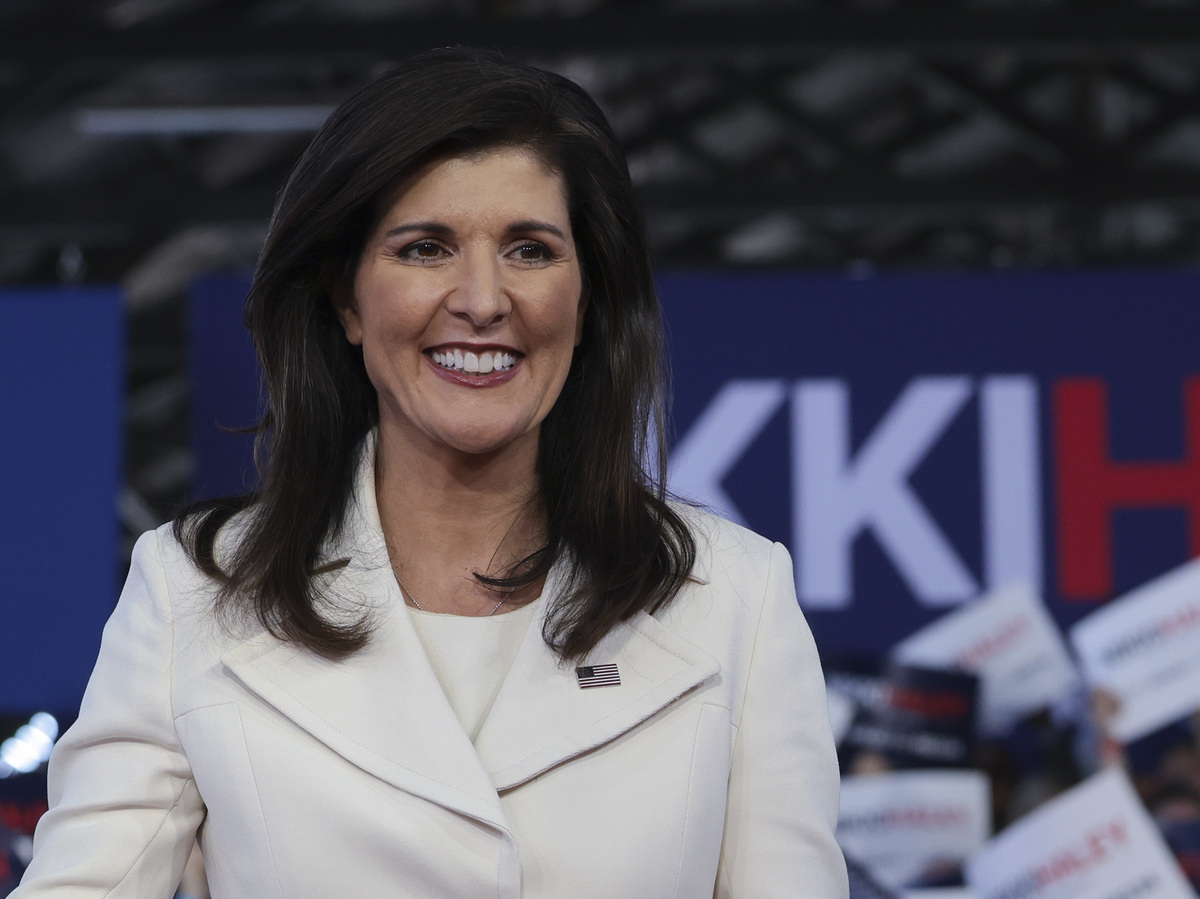
Nikki Haley at her first campaign event in Charleston, South Carolina earlier this year. Win McNamee/Getty Images hide caption

Nikki Haley at her first campaign event in Charleston, South Carolina earlier this year.
Win McNamee/Getty ImagesA woman has never been president. Hillary Clinton has come the closest, but that highest, hardest glass ceiling is still intact. Now Republican Nikki Haley wants to succeed where her predecessors have not.
The list of reasons a woman hasn't won is long — sexism, lack of representation in circles of power, and lack of representation in circles of money. But Nikki Haley has just scored an endorsement from the Koch that could change that.
NPR's Mary Louise Kelly talks to Political Scientist Kira Sonbonmatsu about the inequities between men and women when it comes to fundraising and what the Koch Network endorsement could mean for Haley.
Email us at
This episode was produced by Jason Fuller and edited by Courtney Dorning. Our executive producer is Sami Yenigun.

 Live Radio
Live Radio